The Weekly Aliyot of the Parsha - Emor
This is parsha Emor in the book of Vayikra. Last week we read the portion titled "Kedoshim" which admonished the Jewish people to be holy. In this week's parsha the Kohanim are given special laws to sanctify themselves above the rest of the Jewish nation because they serve in the Bais Hamikdash (Holy Temple).
The first aliyah gives some commandments pertaining to the special behavior of Kohanim in their everyday lives. Included here is that a Kohen shouldn't participate in the handling of any deceased people except for certain close relatives. Also, a Kohen shouldn't even go under the same roof as a dead person, and Rashi here defines a dead body as contact with merely a riviis (about [3].5 ounces) of blood. (This commandment has implications for Kohanim today entering a hospital for a non-emergency, and attending funerals.) This aliyah also specifies whom a Kohen may marry.
The second aliyah discusses blemishes of a Kohen that cause him to be disqualified for priestly duties. It then discusses ways in which a Kohen can become "tamai" (ritually impure, and how he can be restored to the state of "tahara" (purity) by immersing in a mikvah. The current Jewish quarter of the Old City of Jerusalem is where the Kohanim lived at the time of the Temple (may it be speedily rebuilt in our days, Amen). In the ruins of the ancient residences that are there, one can see a mikvah in nearly every house because the Kohanim had to frequently toivel (immerse) themselves to be ready for service.
Even today, many people toivel daily in a mikvah, before prayers, because of the tremendous purity and holiness the mikvah gives to the neshamah (soul).
The aliyah then concludes with the laws of who in the Kohane's household may eat of the offerings belonging to the priest.The third aliyah gives the laws of what is acceptable for various kinds of offerings of the common Israelite. Blemishes in the offerings disqualify them, and this aliyah enumerates the types of blemishes. This aliyah also gives the law forbidding castrating animals and the killing of a mother animal and her young in the same day.
The fourth aliyah begins a set of commandments that describe the whole set of Yom Tovim of the year, and this discussion will continue for the next few aliyahs. The discussion begins with the commandment to observe the Shabbos. Rashi asks what does the Shabbos have to do with the festivals? He answers that their proximity here teaches that whoever desecrates a festival is as if he desecrates the Shabbos, but whoever observes the festivals, is credited as if he observed the Shabbos.
This aliyah then describes the holiday of Pesach, then the counting of the omer (which we are in right now), then the holiday of Shavous. Note that Shavous is unique in not being on a fixed calendar date like Pesach (which always begins the evening of the fourteenth of Nissan) and Sukkos (always the fifteenth of Tishrei), as well as Rosh Hashanah (first and second of Tishrei), and Yom Kippur (the tenth of Tishrei). Instead, Shavous is determined by counting 49 days from Pesach. This is important to know, especially if one is planning on traveling over the international dateline.The fifth aliyah continues the commandments to observe the annual Jewish holidays. In this aliyah are the discussions of Rosh Hashanah and Yom Kippur.
On the subject of Rosh Hashanah, the Torah uses the words "zichron truah" meaning a memorial proclaimed with a blast of horns, or the shofar. Rashi says that this expression implies the reminding of the binding of Yitzchak (by his father Avrohom avinu), in whose stead a ram was offered. It says in the Tanya that this tremendous mesiras nefesh (self-sacrifice) of Avrohom is bequeathed to every Jew.The sixth aliyah commands us to observe the festival of Sukkos. Mentioned here is the taking of the beautiful esrog fruit, the lulav (the palm branch), the willow branches and the myrtle branches, and dwelling in booths. In verse 36 it mentions that the eighth day is a "day of detention". On that expression Rashi says it is like a king who invited his children to a feast for a certain number of days, and when their time came to depart, he said to them: "Stay one more day, it is difficult for me to part with you". This is how G-d feels about us, he wants us to stay with him another day after all the Yom Tovim in Tishrei.
The seventh aliyah discusses the two rows of six loaves each for a total of twelve loaves of "lechem hapanim", or "Showbread" to be put on the pure table in the Mishkan every Shabbos. You'll find this same text as part of the Shabbos morning prayers on page 201 of the siddur Tehillat Hashem to be said at the end of davening after Aleinu.
These twelve loaves are the reason we use two challahs on Shabbos, each braided with six braids for a total of twelve, and each of these twelve braids correspond to one of the loafs of Showbread.
This aliyah then tells the story of a man of a Jewish mother and an Egyptian father. Since he doesn't have a Jewish father he's in a predicament when it comes to finding a tribe with which to pitch his tent because the tribes go by the father. So he winds up blaspheming G-d over his situation. Actually, Rashi says that this man's father was the Egyptian that Moshe killed in Egypt right before Moshe fled Egypt to go to Midian.
